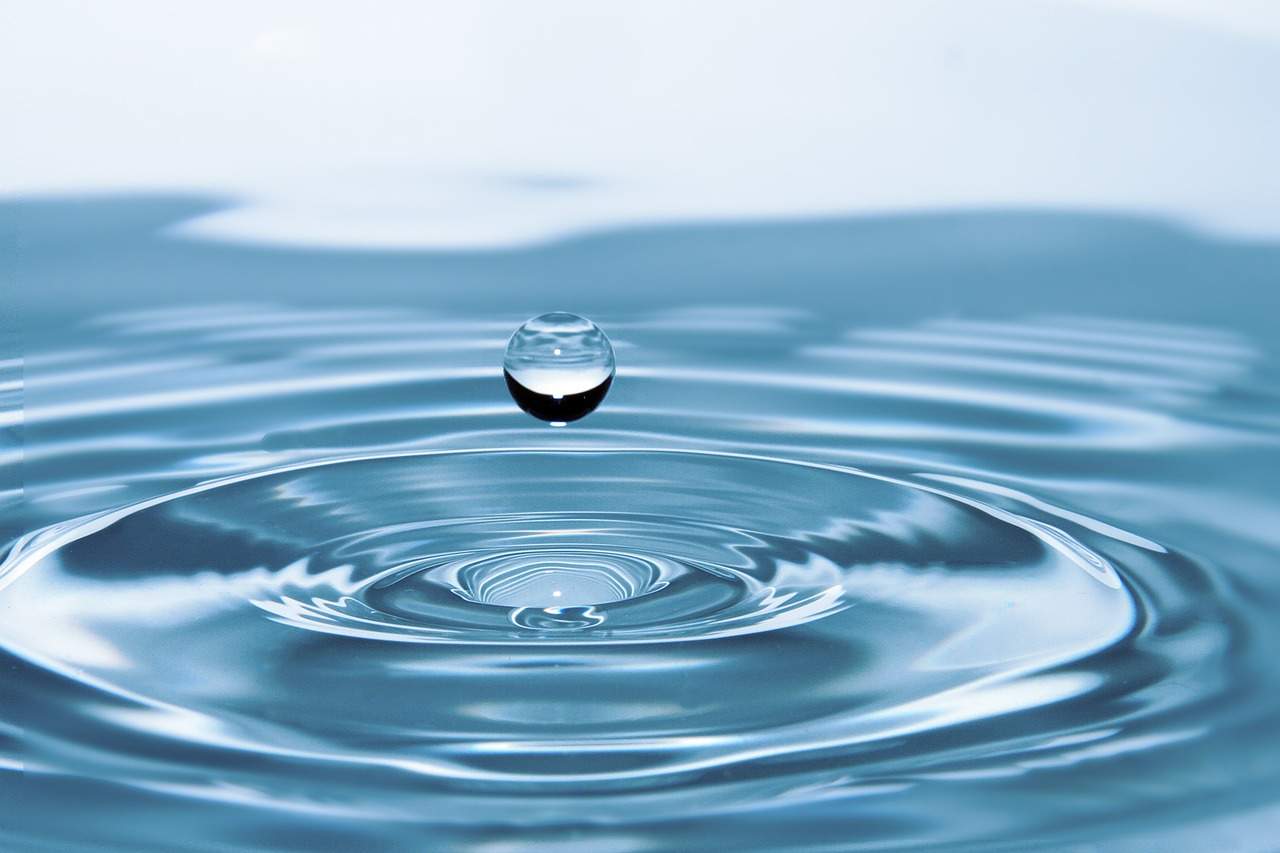
If you are a Maryland resident, especially in Carroll County, there’s a good chance you get your water from a well. Even if you don’t and are on water provided by the city, you still may recall hearing the term “hard water”, it’s a very common problem, affecting around 85% of the U.S. Hard Water may seem like an oxymoron, but it’s a real thing, and understanding it is easy.
Hard Water is just regular water that is high in mineral content. When your water contains too much limestone, percolates, chalk, and other minerals made up of calcium and magnesium, you have hard water.
Where does Hard Water Come From?
How hard your water is will be determined by the concentration of calcium and magnesium, the higher the concentration, the harder the water is, and the more dangerous it will become. Whether you have city water or a well, when you turn on your tap, your water comes from one place-underground. Because ground water flows underground through cracks and spaces in rock and soil, it will tend to pick up many things along the way. Water is a great carrier for minerals among other things, while it travels it absorbs properties from what it flows through.
Dangers of Hard Water
Hard water is not always bad for you to drink, and as we discussed is very common in most households. It can however, do a number on your appliances and fixtures if left untreated. Just some of the common effects that hard water can have on your home are:
- Soap scum stains in sinks and bathtubs
- Bathtub rings
- Spots on dishes or shower doors
- Hindering your cleaning products abilities to work properly
- Yellowed clothes with soapy residues
- Clogged pipes
- Increased water heating costs from buildup reducing efficiency of water heaters
- Corrosion on copper piping and fixtures
How to Correct Hard Water
It may sound simple enough, but the way to fix hard water is to soften it. There are many advanced options to softening and treating water. First, a water test and analysis must be completed in order to define the level of minerals present, and any other possible contaminants. Once your water has been tested, a water quality professional can review options with you that can help treat and condition your home’s water. Some treatment methods include:
- Chlorination
- Ozonation and UV light
- Carbon Filter
- Neutralizing Filters
- Oxidizing Filters
- Distillation Systems
- Water Softening Systems
If you suspect hard water is a problem in your home, you’ll want to reach out to a Water Quality Professional like R & G Water Systems, someone who can test your water, explain you issues, and work with you on resolving your water quality needs. Request a FREE water test and consultation today!
